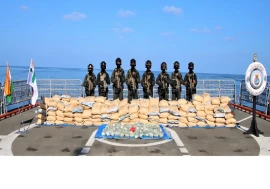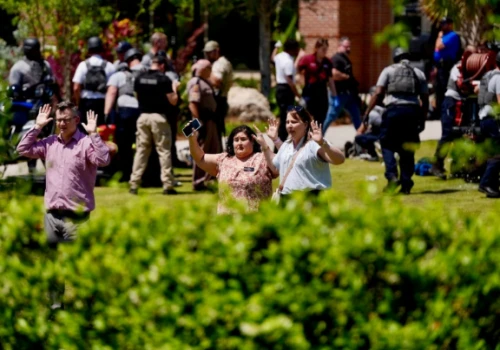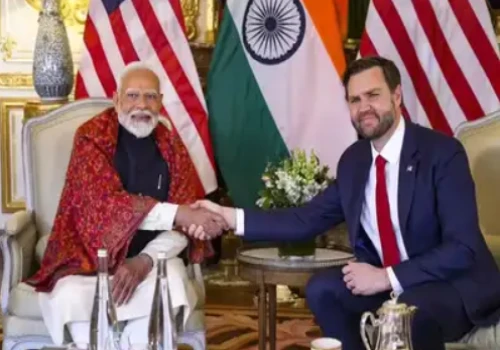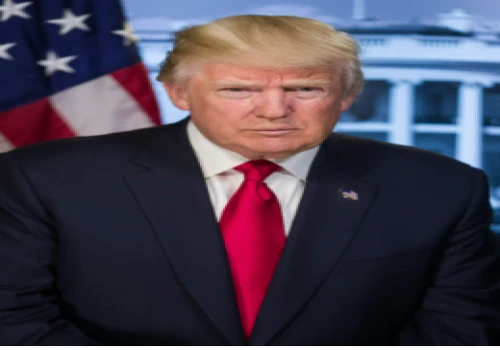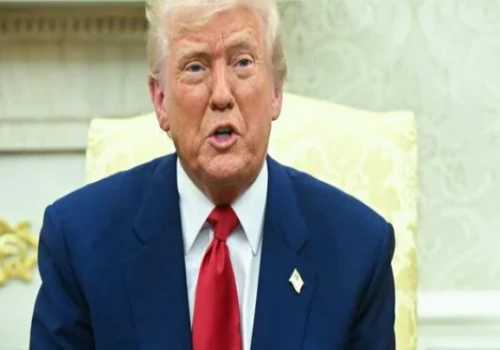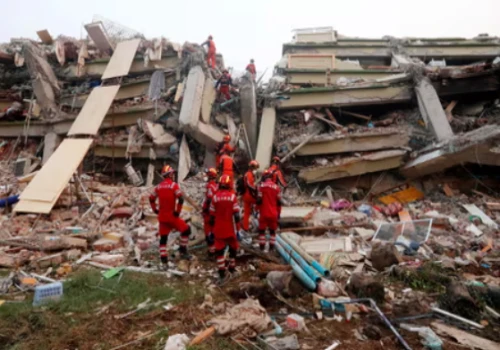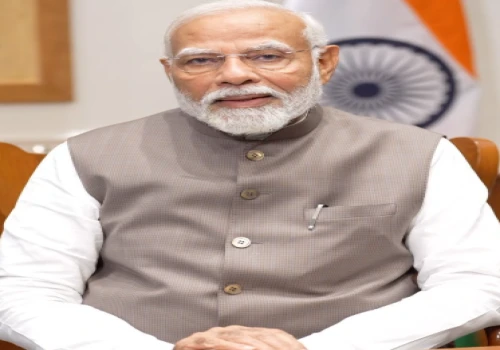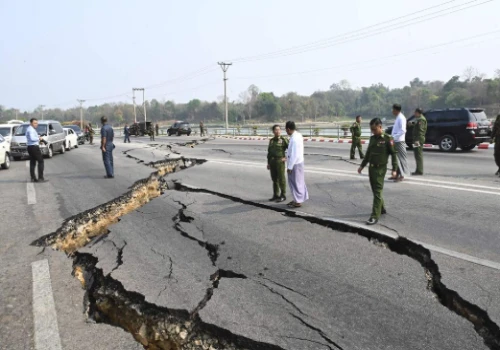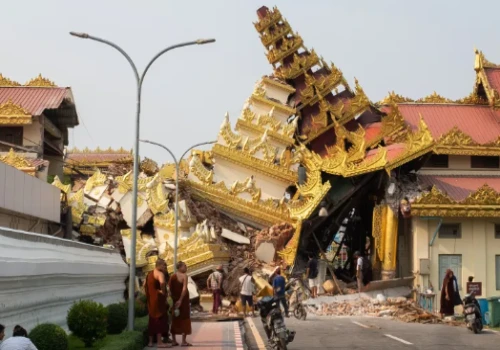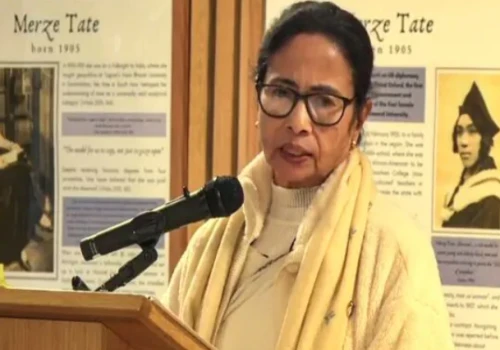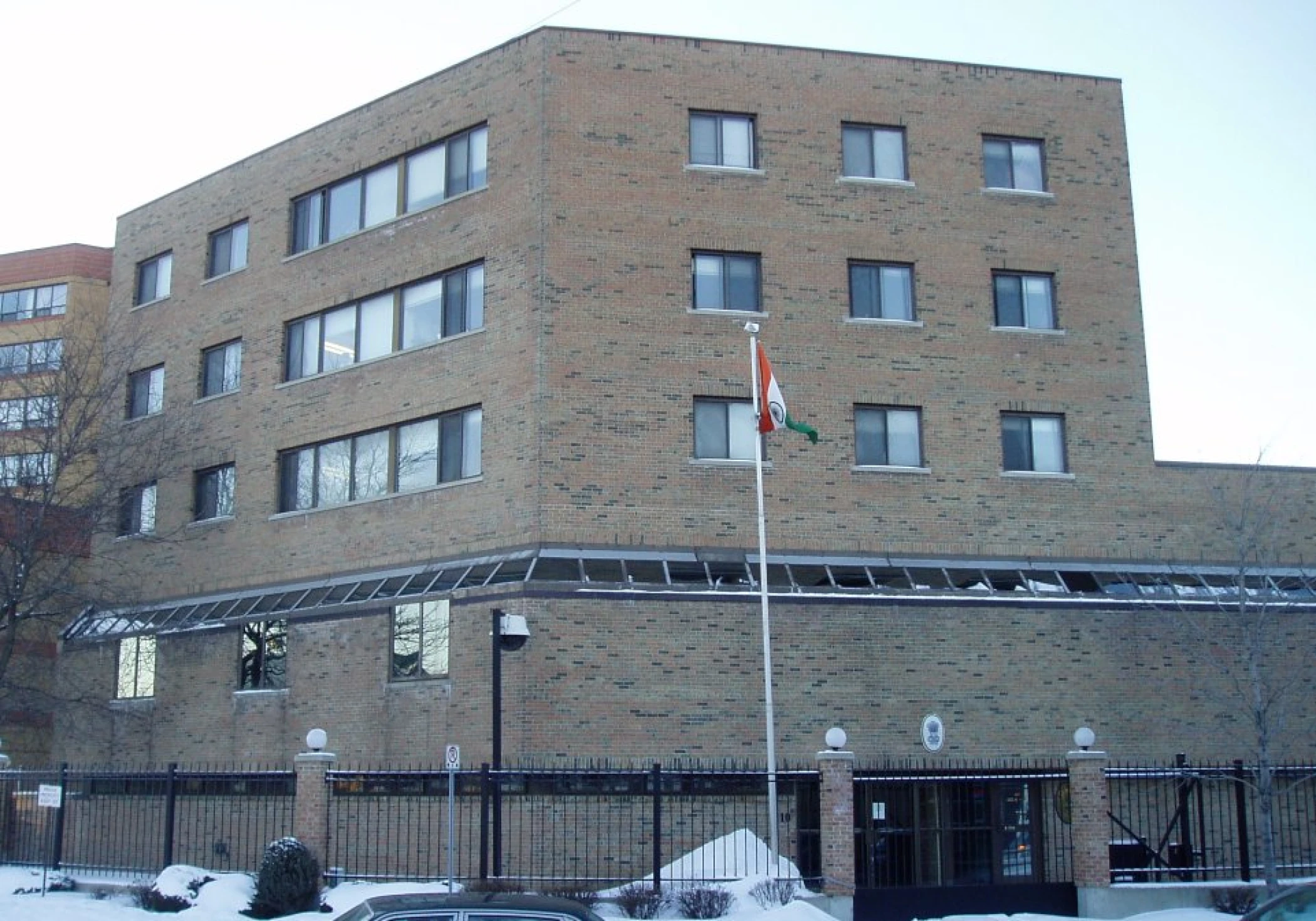
The Consulate General of India in Toronto said on Thursday that the Indian Consulate in Canada had cancelled the planned consular camps to issue life certificates after security agencies informed the camp organisers of their "inability to provide adequate security protection." The Consulate General of India wrote on X, "The Consulate has decided to cancel some of the scheduled consular camps due to the security authorities' inability to provide the community camp organisers with a basic level of security protection."
The announcement follows only days after the Indian embassy co-organized a consular camp outside the Hindi Sabha Temple in Brampton, close to Toronto, when members of the Hindu community were attacked by pro-Khalistan activists. Prime Minister Narendra Modi expressed his distress about the occurrence, and India lodged a protest at the highest levels.
The decision follows a series of escalating diplomatic tensions between India and Canada, which began in September when Canadian Prime Minister Justin Trudeau publicly alleged potential Indian government involvement in the killing of Hardeep Singh Nijjar, a Canadian Sikh leader. This accusation has fueled protests and threats against Indian diplomatic missions, increasing security concerns for Indian officials and the diaspora. Consequently, Indian authorities have voiced disappointment over Canada's perceived inadequacy in managing these threats, pointing to incidents at past consular events that were disrupted by protesters.
The High Commission of India in Ottawa and its consulates in Toronto and Vancouver have faced particular difficulties, with the Indian Ministry of External Affairs expressing dissatisfaction over the inability to ensure the minimum security needed for safe consular operations. As a result, Indian authorities have requested that Canada take additional security measures to safeguard Indian diplomatic premises and personnel.
This cancellation of consular services not only disrupts access to vital documentation for Indian nationals and diaspora members but also signifies the ongoing strain in diplomatic relations between the two nations. India’s stance reflects a cautious approach, prioritizing the safety of its citizens and officials in the face of the current security climate in Canada. The situation underscores the broader impact of geopolitical tensions on community support and bilateral engagement, and as both nations navigate these challenges, the affected diaspora members are caught in the midst of strained relations and disrupted services.
The Indian government has reiterated its commitment to resuming consular activities in Canada once security assurances are in place, signaling a willingness to work with Canadian authorities to mitigate risks and safeguard the Indian community.

